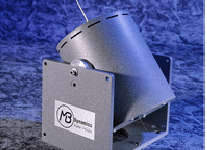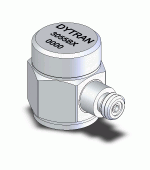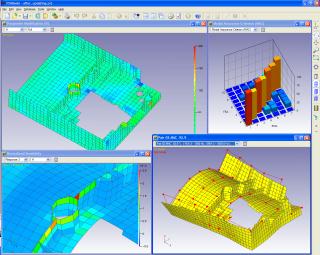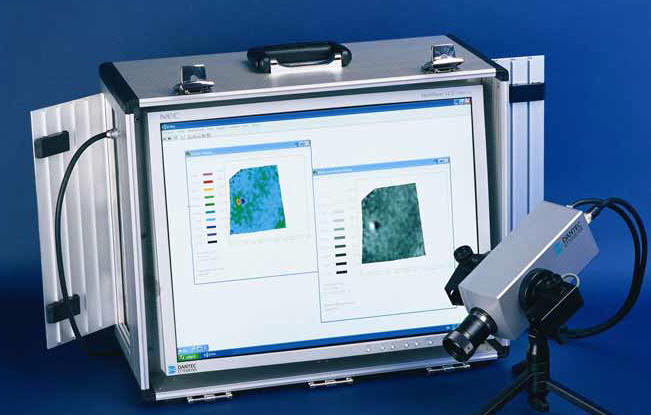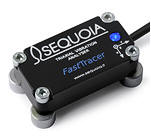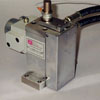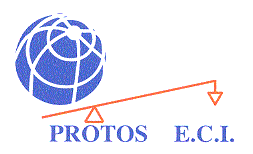 |
PROTOS Engineering Euro - Consultants Ltd |
|||||
|
||||||
|
Business Areas :

Train Wheel Predicted FEM Normal Modes
Train Wheel Measured Normal Modes
Train Wheel FEM predicted Frequency Response Functions
Train Wheel Measured Frequency Response Functions
|
ENGINEERING CONSULTANCY SERVICES SIMULATION AND PREDICTIVE ANALYSIS PROTOS is a strong advocate for the timely and systematic use of a Simulation / Analysis, Test and Model Correlation/Updating strategy to aid and guide the complex tasks from initial Engineering Design to final product Qualification and Manufacturing. |
Satellite Antena FEM Modeling
Satellite Antena Modal Test
Satellite Antena Modal Test Result
Satellite Antena FEM / Modal Test Correlation and Model Updating Studies
|
||||












